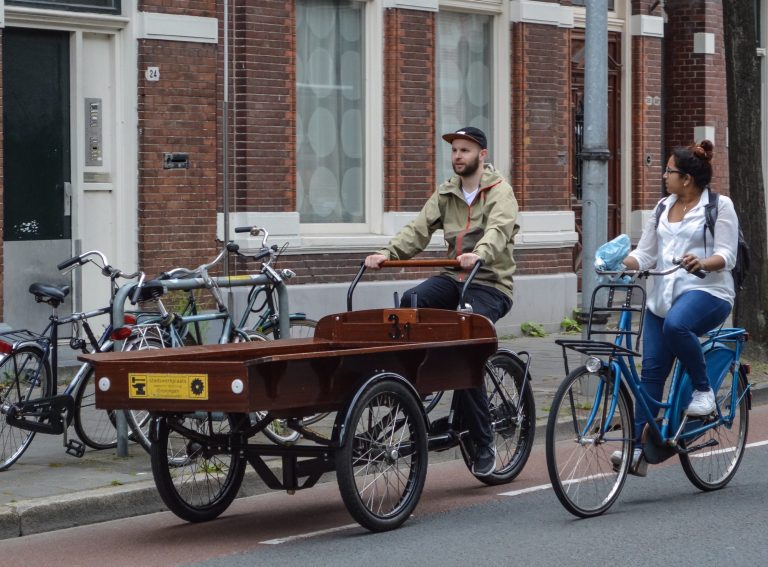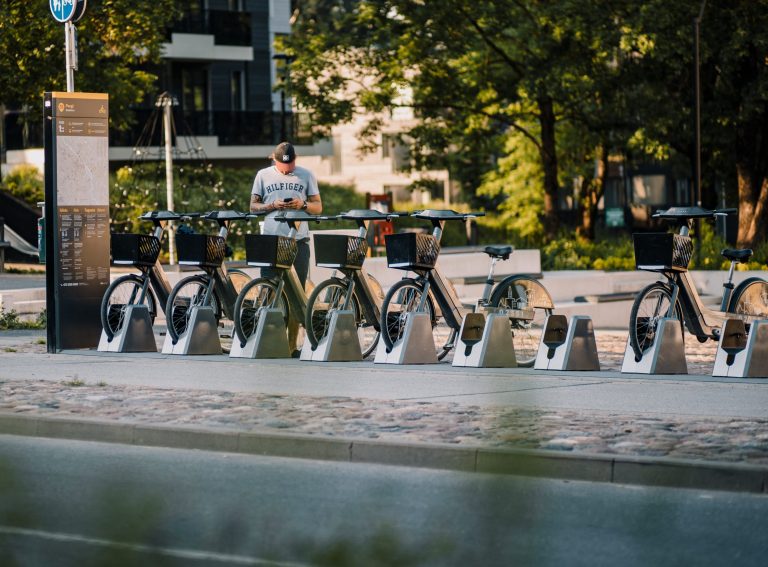Image Credit: Cycling Embassy of Denmark
The Cycling Embassy of Denmark is holding its next Bikeable City Masterclass in Copenhagen for urban planners, decision-makers and activists to learn how to incorporate Danish cycling solutions into their own cities.
Hosted with its member Urban Cycle Planning, the Masterclass will take place from 12 May to 16 May for attendees to learn how to create bikeable cities from Danish academics, consultants, and city administration experts.
Teaching will be through a mix of presentations, workshops on case studies, site visits and daily guided tours, and participants will receive a diploma upon completion of the course.
“The ultimate goal of the Masterclass is to inspire the participants to directly apply and translate Danish solutions to the context of their own city, to address the challenges and potentials in their cities in order to create more liveable and bikeable cities,” organisers of the Masterclass Lotte Bech and Lene Hartmann told Zag Daily.
“We believe that you can’t copy from one city to another, but you can be inspired to find the solutions that suit your city.”
The preliminary programme includes various topic areas such as cycle planning and city development, cycle promotion, political processes, infrastructure and traffic safety. Participants will learn how to integrate cycling into sustainable mobility policies and climate goals, as well as deepen their understanding of infrastructure design, road safety, multi-modal transport and cycle education.
Lotte and Lene believe that the most pressing challenges cities currently face when trying to increase cycling uptake are creating a safe traffic environment with a coherent network of protected bicycle infrastructure, as well as increasing the promotion, education and political awareness of cycling.
Denmark is certainly one country that can help guide on these areas, and President of the European Cyclists’ Federation Henk Swarttouw sheds light on what the nation is doing right.
“For many years, Denmark has integrated cycling into urban planning, which has helped to grow a cycling culture at all levels of society,” Henk said.
“Cycling in Denmark is remarkably inclusive for all ages and abilities. The government recognises the importance of investment in cycling policies and cycling infrastructure. It has invested heavily in creating dedicated cycling lanes that are physically separated from car traffic. The city of Copenhagen has built a number of eye-catching cycling bridges and together with the surrounding municipalities it is doggedly developing a comprehensive network of “cycle superhighways”.”
Nevertheless, Henk believes there’s still room for improvement in Denmark’s smaller towns and rural areas and says the declining number of children who cycle is a cause for concern.
Lotte and Lene said Denmark plants the seeds of its cycling culture through the training of children in kindergartens and schools, and the Masterclass will also highlight the importance of starting education with children.
“The cycling culture in Denmark is a cycle culture where citizens bike on a daily basis. They bike to work and to study and cycling has become mainstream for all ages.”
Interested applicants are encouraged to apply by 15 February 2025.






